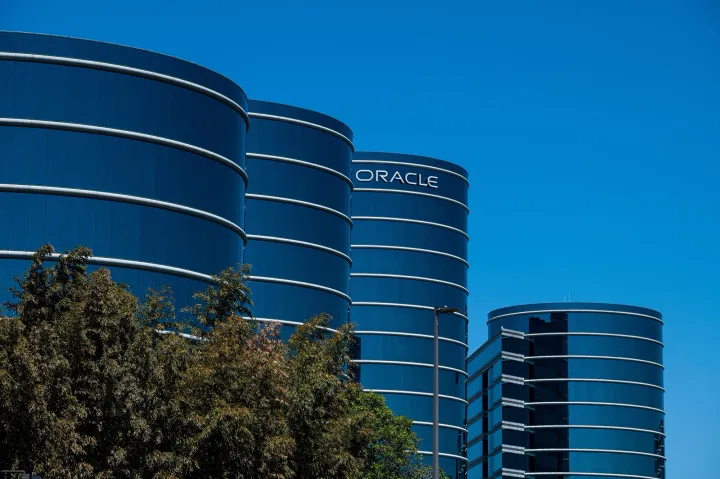Intel’s Big Move: New CEO, Big Losses, and a Lifeline from Taiwan

Intel and TSMC Team Up in a Groundbreaking Chipmaking Joint Venture
A Powerful Alliance in the Semiconductor Industry
In a move that could reshape the global semiconductor landscape, Intel and Taiwan Semiconductor Manufacturing Company (TSMC) have reportedly reached a tentative agreement to form a joint venture. According to The Information, this collaboration will see TSMC acquiring a 20% stake in a new company that will operate Intel’s U.S.-based chipmaking factories.
This partnership, still in its early stages, comes amid growing pressure from the White House and the U.S. Department of Commerce for a solution to Intel’s ongoing challenges in chip manufacturing. While both Intel and TSMC have declined to officially comment, insiders close to the negotiations confirm that discussions are progressing.
Why This Joint Venture Matters
Intel’s Struggles in the AI Chip Race
Intel, once a dominant force in the semiconductor world, has faced a series of setbacks in recent years. As competitors like Nvidia, AMD, and TSMC surged ahead in the AI-driven chip revolution, Intel missed crucial opportunities. The company has invested billions into expanding its chip production capabilities, but it has struggled with execution.
In 2024, Intel reported a staggering net loss of $18.8 billion — its first annual loss since 1986 — largely due to massive impairments and underwhelming returns on investments.
Customer Confidence and Service Issues
Intel’s foray into the foundry business — manufacturing chips for other companies — has been rocky. Clients reportedly faced issues with delays, failed tests, and inconsistent technical support compared to what they receive from TSMC. This tarnished Intel's reliability as a contract manufacturer, discouraging potential customers.
TSMC’s Role in the Turnaround
TSMC's 20% Stake Signals Serious Commitment
TSMC, the world’s leading contract chipmaker, will hold a 20% stake in the newly formed venture. This is a clear sign of its commitment to helping Intel stabilize and strengthen its position. It also highlights the importance of collaborative efforts to boost U.S. chip production capabilities amid global supply chain concerns.
Backed by the U.S. Government
According to reports, the Biden administration played a key role in pushing both companies toward this agreement. The White House wants to ensure the U.S. is no longer dependent on overseas chipmakers for critical technology — especially in an era where AI and high-performance computing are driving future innovation.
A Bigger Picture: TSMC’s $100 Billion U.S. Investment
At a recent event with former President Donald Trump, TSMC announced plans to invest $100 billion in expanding its operations in the U.S. This includes building five new chip fabrication plants, further cementing its role as a key player in America's semiconductor resurgence.
These investments could help reduce America’s reliance on foreign-made chips, while creating thousands of high-paying tech jobs on U.S. soil.
Intel’s New CEO: A Ray of Hope?
Enter Lip-Bu Tan
In March, Intel appointed industry veteran and former board member Lip-Bu Tan as its new CEO. Tan brings decades of experience and strong connections in the semiconductor world, and he’s seen as someone who could steer Intel back on course.
His leadership could prove pivotal in ensuring the success of the joint venture with TSMC, particularly as Intel looks to regain trust and performance credibility in the chip industry.
What This Means for the Industry
This partnership between two of the biggest names in the chip industry is more than just a business move — it’s a strategic alignment that could ripple across the global tech sector.
With TSMC’s expertise and Intel’s infrastructure, the joint venture could deliver top-tier chip manufacturing within the U.S., potentially attracting big-name clients like Nvidia, AMD, and Broadcom — all of whom TSMC has reportedly approached for additional investments.
A New Era for American Chipmaking?
The Intel-TSMC joint venture represents a bold step toward solving America’s semiconductor woes. If executed well, it could mark the beginning of a new era of innovation, resilience, and competitiveness in the U.S. chipmaking scene.
All eyes will be on this evolving alliance as more details emerge. One thing is certain — the race for chip supremacy is far from over, and Intel is not ready to bow out just yet.



